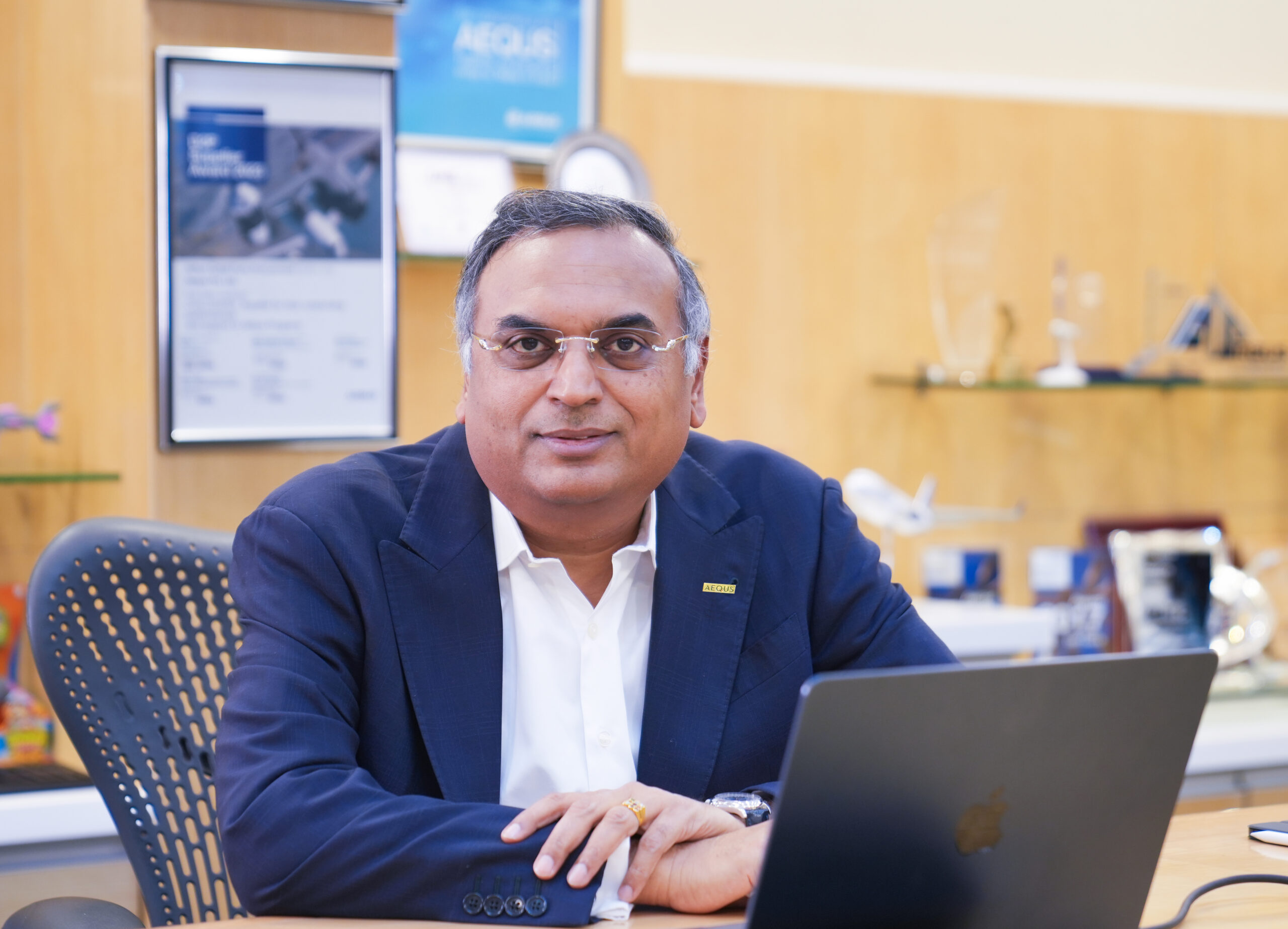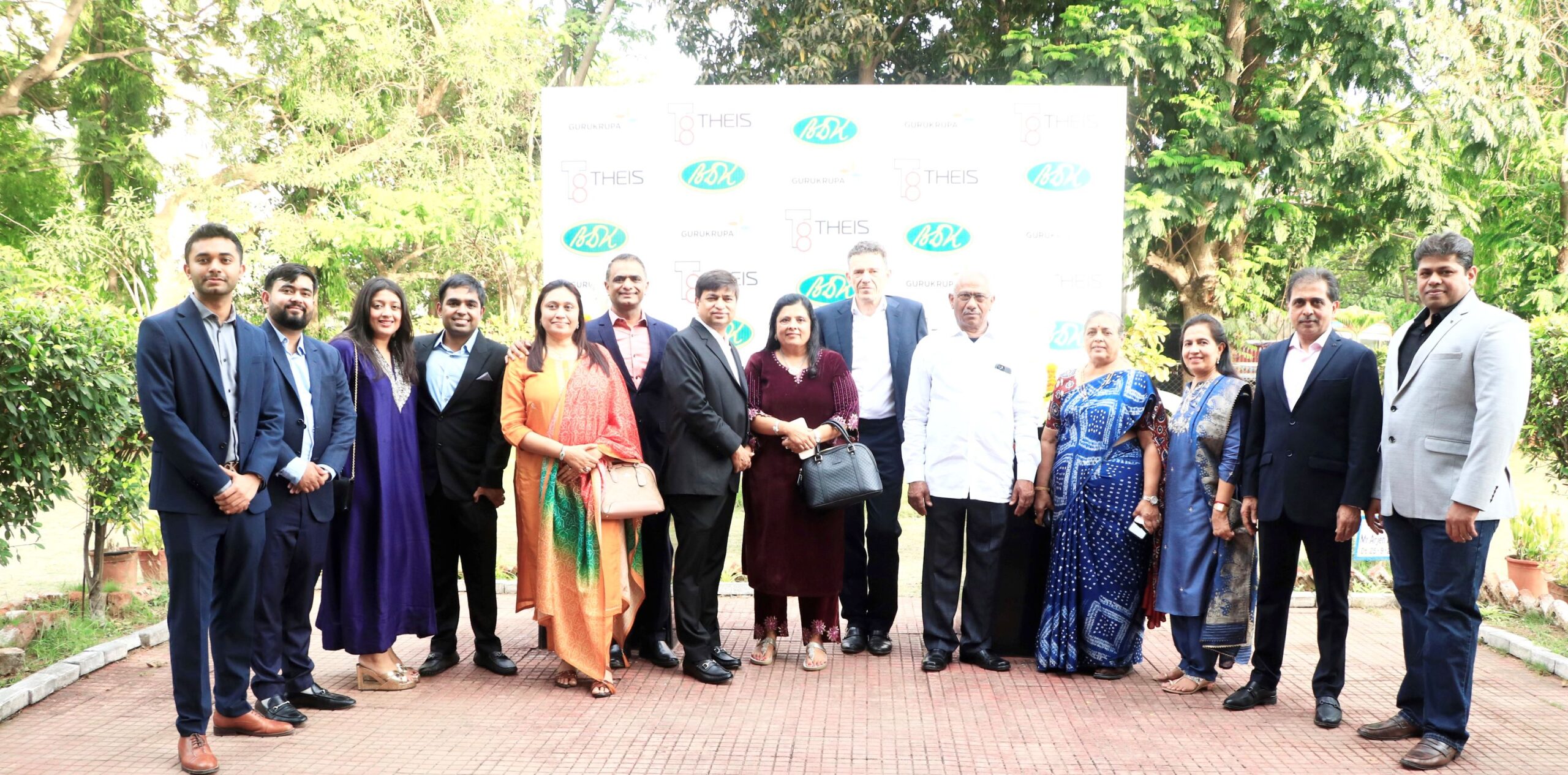Coursera CEO Ignites India’s Reskilling Revolution at ET NOW GBS 2024

“We’re in a period of disruption. And that disruption can create opportunities or threats for India depending on access to digital education and reskilling,” said Jeff Maggioncalda, CEO of online learning platform Coursera, at the 2024 Global Business Summit in India.
As artificial intelligence (AI) rapidly transforms industries, education systems must keep pace to prepare workers for the jobs of tomorrow. Maggioncalda explained how AI and intelligent algorithms stand to impact various roles across sectors. While lower-wage, blue-collar jobs have historically faced the highest risk of replacement by machines, new research suggests even high-wage white-collar jobs could see nearly 50% of tasks automated by AI systems like ChatGPT.
The scale of this disruption means reskilling will be more critical than ever. A Boston Consulting Group study on consultants using AI writing tools found productivity jumped 3% on average. The fastest adopters significantly outperformed those hesitant to incorporate the new technology into their workflows. “If you choose not to use AI, you risk becoming below average compared to your peers who will leverage these technologies,” Maggioncalda warned.
With strong IT talent and English language skills, India’s large pool of graduates and professionals places it at the epicenter of this AI-powered economic shift. Coursera aims to skill these workers for the jobs of the future, having translated its entire course catalog into Hindi. Here is a rewritten version in a more conversational tone:
The future of learning and work in India will likely see some big shifts driven by technology, demographics, and economics. As AI and automation take over repetitive tasks, jobs will change and people will need to constantly pick up new skills to stay employed.
But Jeff Maggioncalda, Coursera’s CEO, is optimistic about India’s talent dividend. He said, “India has a huge young population that’s already digital-first. They can easily access online and mobile learning to become job-ready.”
I agree. India’s youth are quick to adopt new technologies. If educational access can catch up with industry changes, they have an advantage. Fields like data, renewable energy, genetics – anything cutting-edge – will need skilled talent, which India has in spades.
The tricky bit is the social angle. Maggioncalda admits, “Trust in AI grows if ethical and social aspects are responsibly addressed.” Automation may widen inequalities. But getting affordable, quality training to people can ensure tech disruption benefits all of India – especially those most vulnerable to job losses.
That’s why Coursera translates its catalog into Hindi, works with Indian universities on online degrees, and will have two-third employees in India soon. Reskilling at scale is key to an equal AI-powered economy. And India’s digitally-savvy youth could steer its success.




